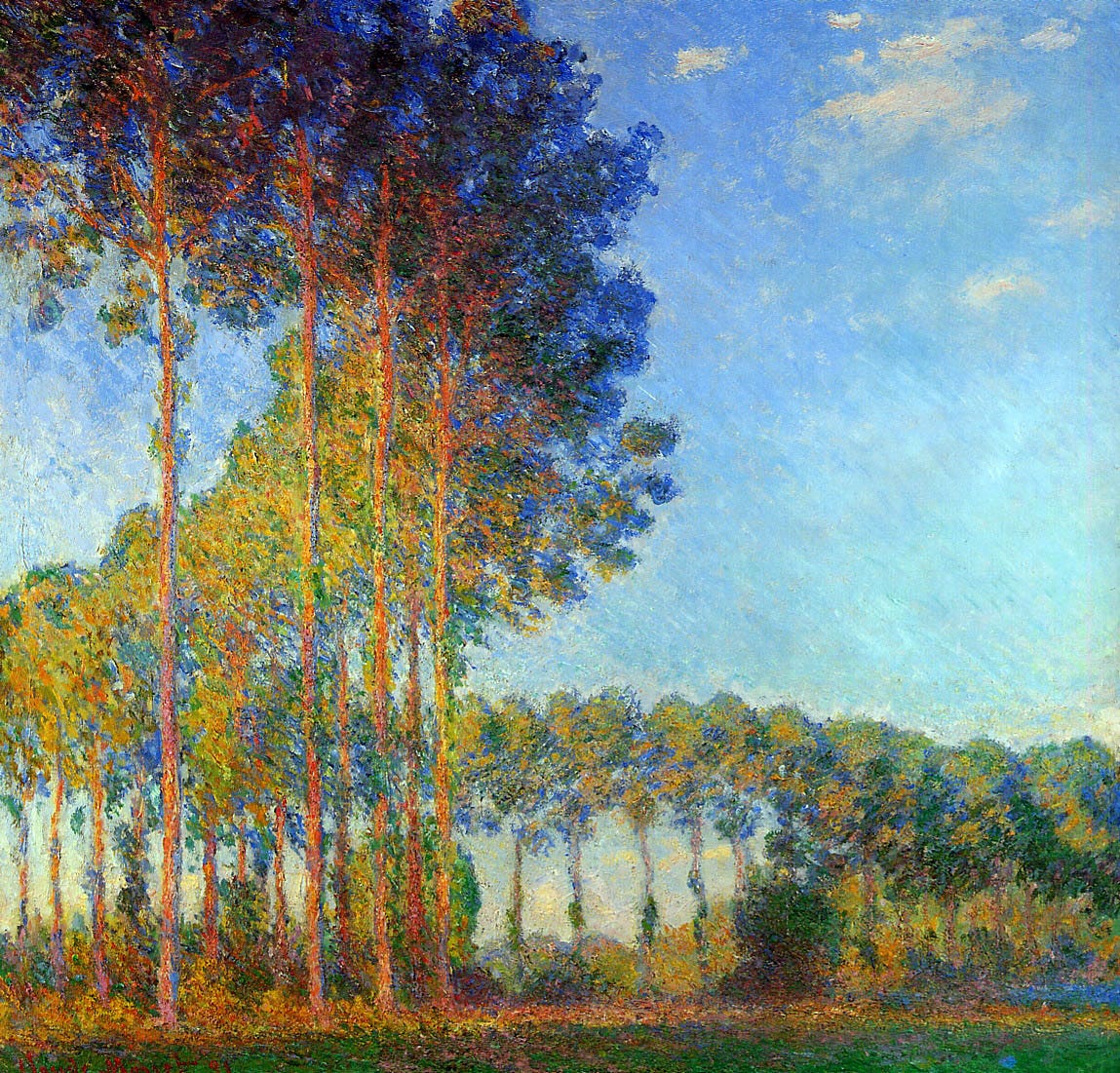Importance of Recovery: The 2023 Reflection
"One simple trick" that can help you get better at anything...
The year of the “Snake Charming” is almost over, but my personal journey continues on. Reflecting on meditation from the past year, I've gained greater awareness of the things I tend to resist: boredom, making mistakes, upsetting others, disorganized people, people with a negative attitude, and uncertainty. Embracing the existence of each of these “snakes” will take time, but simply acknowledging that they are a part of life has surprisingly brought me a sense of calm. In this essay, I'll delve into one particular “snake” I resisted due to the philosophy I adhered to.
This year has been incredibly active for me in terms of sports. Despite the overall positive impact of training on my well-being, there were moments when I felt quite low. The first instance occurred in March after completing an intense winter high-mountain tourism course in the Tatra mountains, followed by a 37km run in Kampinos National Park. In the subsequent weeks, I experienced a prolonged period of feeling down. It wasn't just physical discomfort; I was in a persistently bad mood. This led me to question both my enthusiasm for sports and my dedication to overcoming personal challenges.
These situations recurred a few times throughout the year, initially leaving me confused and uncertain about how to proceed. It was only later that I came to the realization that this is the inevitable toll of pushing oneself beyond limits. The body requires recovery, and it will use various signals to communicate that need. In such moments, there's little one can do but endure and allow the necessary recovery to take place. This understanding later led me to a more profound realization.
Reflecting on the past couple of years, I've come to recognize that my life hasn't followed a straightforward upward trajectory. Instead, it resembles more of a sinusoidal pattern with an overall upward trend. I refer to the points around the peak as an expansion phase and the points near the valley as a contraction phase.
During the expansion phase, I find myself highly enthusiastic about something, whether it's related to sports or my career. Clear goals and a well-defined path keep me focused, and I naturally stay on course despite encountering challenges along the way.
During the contraction phase, the initial excitement wanes, and I no longer feel enthusiastic. I continue with sports or my job, but it becomes more of a mechanical necessity rather than something that sparks passion. The lack of excitement blurs the path ahead, and I feel like a wanderer navigating through different aspects of life without a clear direction.
It's not uncommon for me to question my life philosophy the most during the contraction phase. The doubts often center around the beliefs I held during the expansion phase. Typically, I come to the realization that the temporary surge of energy led me to believe in something about myself that wasn't universally true.
To provide some context on what that thing might be, during the expansion phase, I'm drawn to reading stories about Navy Seals. I admire their self-confidence, perseverance, and unwavering commitment to their values. In an attempt to emulate them, I engage in endurance sports. However, in the contraction phase, I find myself lacking the same level of determination to endure the hardships they face.
After going through multiple cycles, I've come to the realization that, fundamentally, the contraction phase is akin to the recovery period following an intense endurance session. In some instances, they even overlap. Just as the body requires a recovery period, the mind needs it too.
This understanding has become a valuable tool for navigating through the contraction phase without feeling the need to question everything I once believed in. It aligns with Friedrich Nietzsche's observation that "when we are tired, we are attacked by ideas we conquered long ago." Recognizing the natural ebb and flow of these phases allows me to endure without unnecessarily challenging my core beliefs.
Although, there is one crucial thing that I need to change - my constant drive to overcome myself. This approach is not aligned with my body's essential requirement for rest. While this may seem obvious to some, it's a significant shift for me, as it contradicts a key aspect of the Friedrich Nietzsche’s philosophy I once adhered to.1
Being a Navy Seal often requires pushing through extreme exhaustion. While I'm still motivated to challenge myself, I've come to understand that continually doing so every day is neither beneficial for my well-being nor aligned with my desires.
Initially, as I began writing this essay, I believed the primary lesson for the next year would revolve around the importance of self-confidence during contraction phases. However, as I delved deeper, I realized that what was hidden by that goal was finding a way to really overcome the recovery period. This contradicts my realization that the contraction phase is just as integral to my life as the expansion phase. Ironically, as I embraced the necessity of recovery, I found increased self-confidence to navigate through it and even derive enjoyment from the process.
I've established a tradition of selecting a painting each year that encapsulates my main lesson and serves as a guiding inspiration for the upcoming year. This time, I've chosen "Poplars on the Banks of the River Epte, Seen from the Marsh" by Claude Monet. The tranquil depiction of nature in Monet's work brings a sense of relaxation and ease. The sunset colors reflecting off the poplar leaves enhance this feeling, making it an ideal representation of a serene place for recovery.
I’m referring to the philosophy of self-overcoming by Friedrich Nietzsche described in
”Thus Spoke Zarathustra” and expanded in “The Will to Power”. You can find a really good summary of this concept in the following video:


